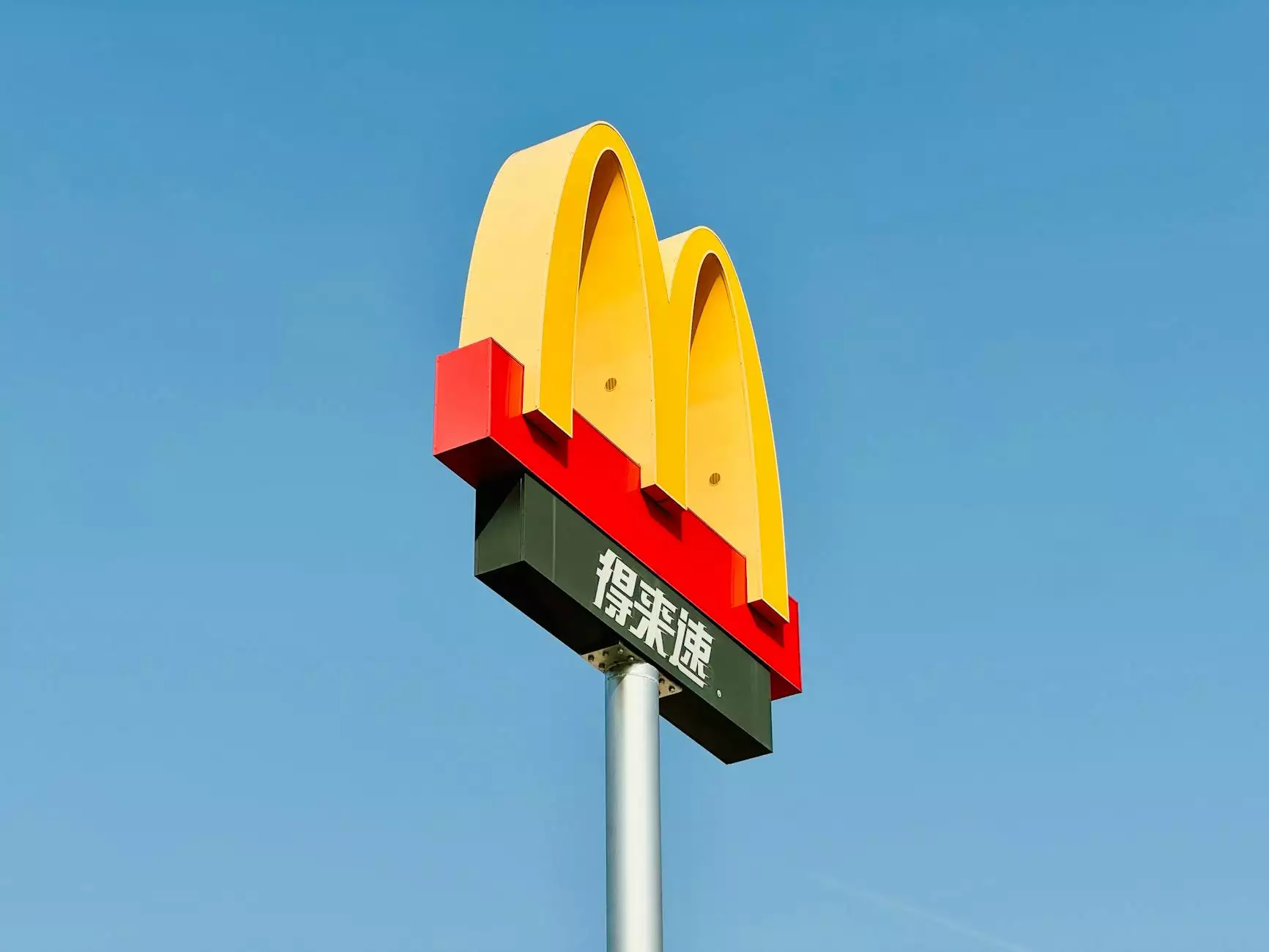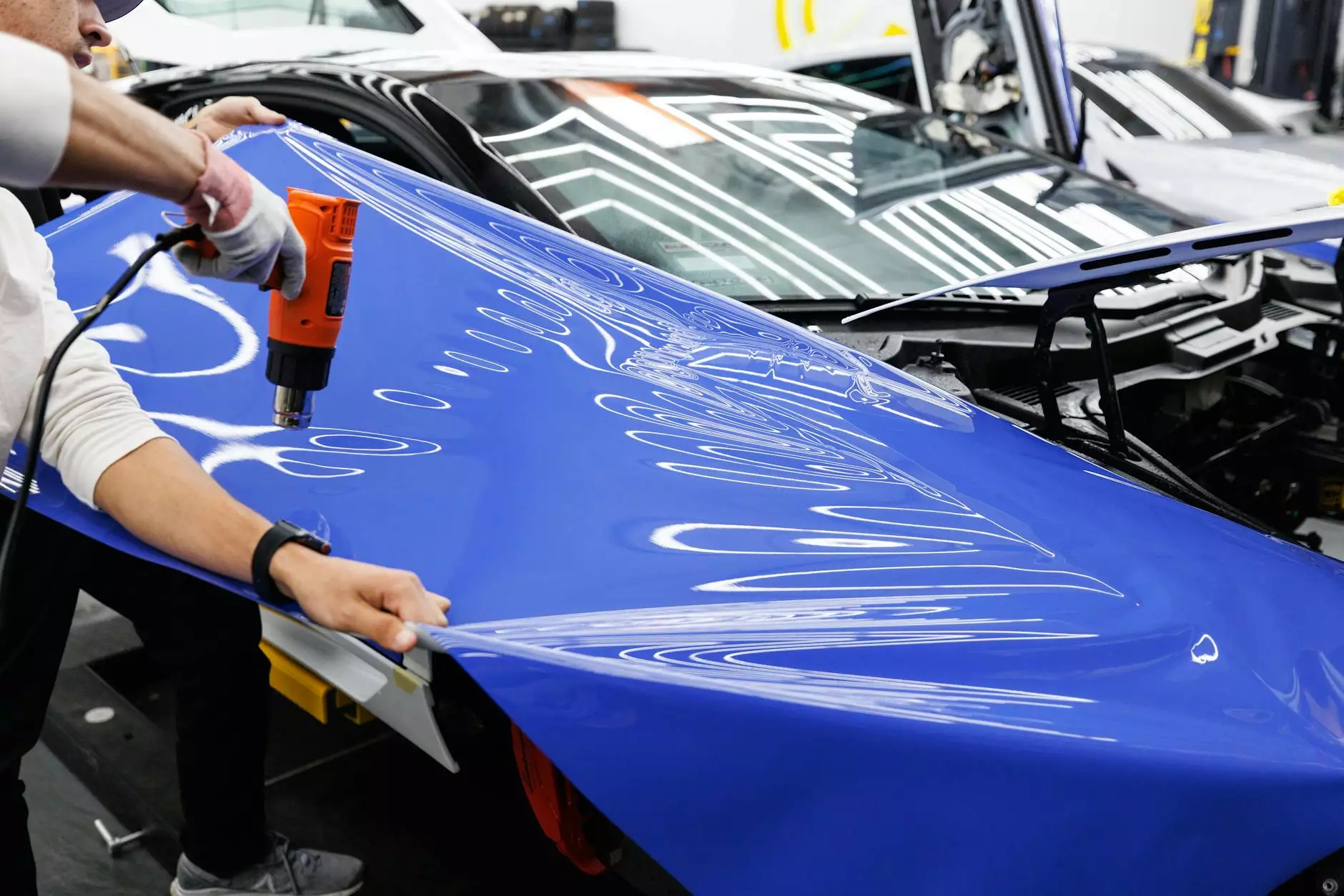Import Sugar from Brazil: Your Ultimate Guide to Sourcing

Brazil is globally recognized as one of the largest producers and exporters of sugar. With its optimal climate, vast arable land, and advanced agricultural techniques, Brazil has established a strong foothold in the sugar market. This article explores the intricacies of how to import sugar from Brazil, focusing on supplier options, market insights, and economic benefits to enhance your business endeavors.
The Brazilian Sugar Market Landscape
Brazil’s sugar industry plays a pivotal role in the global market. Understanding this landscape is essential if you are considering the option to import sugar from Brazil. Like any agricultural product, sugar prices can fluctuate based on factors such as:
- Climate conditions: Seasons of drought or heavy rainfall can significantly impact crop yields.
- Government policies: Subsidies and tariffs can influence both sugar production and exportation.
- Global demand: Changes in demand from major markets can result in price variations.
Brazil's sugar is largely produced from two varieties: cane sugar and beet sugar. The majority of the sugar on the international market is derived from sugar cane, primarily due to its higher yield and lower production costs.
Benefits of Importing Sugar from Brazil
When considering where to source sugar, importing from Brazil offers numerous advantages:
- Cost-effectiveness: Brazil's sugar is competitively priced due to its efficient production methods and scale.
- High quality: Brazil is known for its high-quality sugar products, which are subjected to rigorous standards and tests.
- Diverse product range: Various types of sugar, including raw, refined, and organic options, are readily available.
- Strong export infrastructure: Well-developed logistics and transport systems facilitate efficient shipping globally.
Finding Reliable Sugar Suppliers in Brazil
To successfully import sugar from Brazil, it's crucial to partner with reputable suppliers. Here is a guide to finding the right supplier:
1. Research Potential Suppliers
Begin by conducting extensive research on Brazilian sugar suppliers. Consider visiting trade fairs, industry expos, or using online platforms to gather information. Websites like brazilsugartopsuppliers.com can also provide valuable insights into various suppliers.
2. Verify Credentials
Once you’ve identified potential suppliers, validate their credentials:
- Check company registration and licensing.
- Review testimonials and feedback from previous clients.
- Ensure they adhere to international quality standards such as ISO certifications.
3. Request Samples
Before making any bulk purchases, always request sugar samples to assess quality. This step is essential to ensure that the product meets your standards and specifications.
4. Negotiate Terms
Discuss pricing, payment terms, delivery schedules, and any other conditions before finalizing your agreement. Establish clear terms to avoid misunderstandings later on.
Understanding Sugar Import Regulations
Importing sugar involves adhering to specific regulations and guidelines. Familiarize yourself with:
- Import duties: Check the tariffs applicable in your country for sugar imports.
- Quality standards: Ensure the sugar meets local health and safety regulations.
- Documentation: Keep track of all necessary paperwork, including bills of lading, invoices, and certificates of origin.
Shipping and Logistics
Coordinating logistics is a crucial step in the import sugar from Brazil process. Here's what to consider:
1. Choosing the Right Shipping Method
Decide on the best shipping option based on your budget and urgency. Common methods include:
- Sea freight: Ideal for large shipments and more cost-effective.
- Air freight: Suitable for smaller volumes and faster delivery.
2. Handling Customs Clearance
Customs clearance can be a complex process. Consider hiring a customs broker to assist with the regulations and streamline the importation procedure.
Post-Import Considerations
Once your sugar has successfully arrived, it’s vital to manage your post-import processes effectively:
1. Quality Control
Conduct thorough quality checks upon receiving the shipment to ensure it meets your specifications. Address any discrepancies with your supplier immediately.
2. Inventory Management
Implement robust inventory management systems to monitor stock levels, especially when dealing with perishables like sugar.
3. Market Distribution
Plan your distribution strategy for the sugar. Whether selling to retailers or manufacturing, understanding your market's demands is crucial for success.
Conclusion
Importing sugar from Brazil can be a profitable venture, provided you approach it with careful planning and research. With Brazil’s ample supply, excellent quality, and a range of options, you can find a reliable source to meet your business needs. By understanding the market, sourcing the right suppliers, and navigating the regulatory landscape, you can successfully leverage Brazilian sugar to enhance your product offerings and grow your business.
For further details on reliable suppliers and detailed market insights, visit brazilsugartopsuppliers.com.









